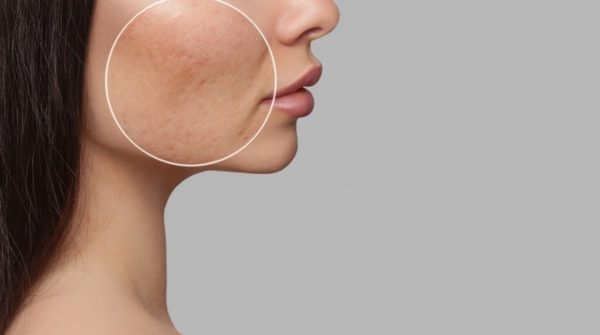

Depending on the type of scarring, it’s depth, it’s size, its location on the skin and the skin type being treated, there are a number of possible treatment combinations that can help:
How are scars formed?
When the skin is cut or broken, the body mobilises a wound repair process. The blood vessels constrict and clots form to minimise blood loss. A scab, or hardened crust, forms over the top of the wound. The scab acts like a natural covering to protect the area while the body continues the repair process. Tiny fibres of collagen fill in the hole and eventually reconnect the ends. By the time the scab naturally falls off, much of the initial repair has been finished. However, the area is far from healed. Depending upon the size, depth and location of the injury, it can take months to years for the skin to return to normal strength.
Scar formation is a natural part of the healing process. A scar forms from excess amounts of collagen in the wound as the body attempts a repair. Many scars eventually fade. But they tend not to go away completely. Generally, the larger the wound, the longer it takes to heal and the greater the chance of a visible scar.
How to treat scarring with Botulinum Toxin:
On average most scars take at least one year to fade. However, researchers have found a way to lessen their severity by injecting the drug, BOTOX® near the site of the wound. When a person experiences another kind of injury, like a broken bone, doctors place the area in a sling to immobilise the limb and allow the body to heal. BOTOX works in a similar fashion. When injected into muscles near the wound, the drug prevents the muscles from pulling on the wound site, allowing the area to heal without excessive disruption.
Studies have shown BOTOX is effective in reducing scar formation from facial wounds. Researchers still need to determine if the drug may be effective for other places on the body. The sooner after an injury the patient receives BOTOX, the better the results.
I came to Skin Renewal in June 2018 with a big and bad scar that was caused by eyebrow wax that burnt my skin really bad. Skin Renewal Team were very supportive and started me on an amazing treatment. My scar texture and colour has improved and is now lighter. Skin Renewal is really good and the service is outstanding.
MoreI have been treated by Bianca for the past 6 months for skin pigmentation. She is the most professional and knowledgeable therapist. Very caring and gentle, gives good advice and is very knowledgeable about all the products. she gives good alternative treatments to choose from, the treatments are always good and appropriate.
MoreMy therapist is an excellent therapist. Very kind and caring she knows the product range so well and never force sells products I don't need. She's helped my skin transition through its different stages perfectly. I will not change salon or therapists.
MoreTreatments have been professional and pleasant. The therapists are thorough and always ensure you understand the treatment that is happening and how to care for your skin afterwards. My results have been good and i am looking forward to the before and after photos when my treatments are done. I highly recommend these treatments.
MoreI find the staff very professional, I like mainly the reminders and booking confirmations. The staff are very caring especially with counseling during treatments. There is also detailed guidance and advice given on the whole treatment, including products, which are non-compelling/ not obligating.
More